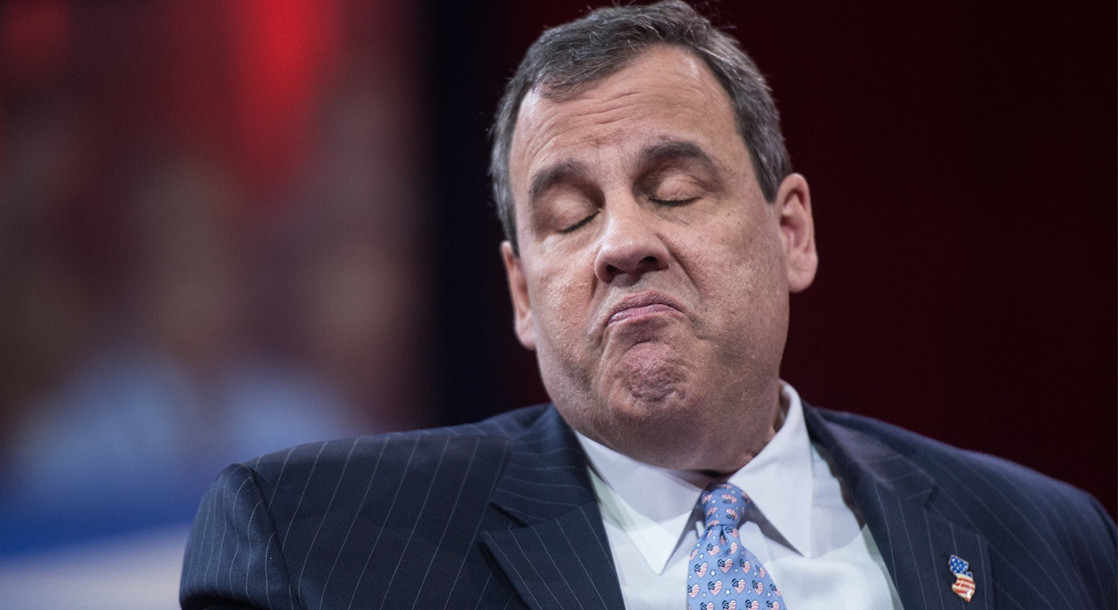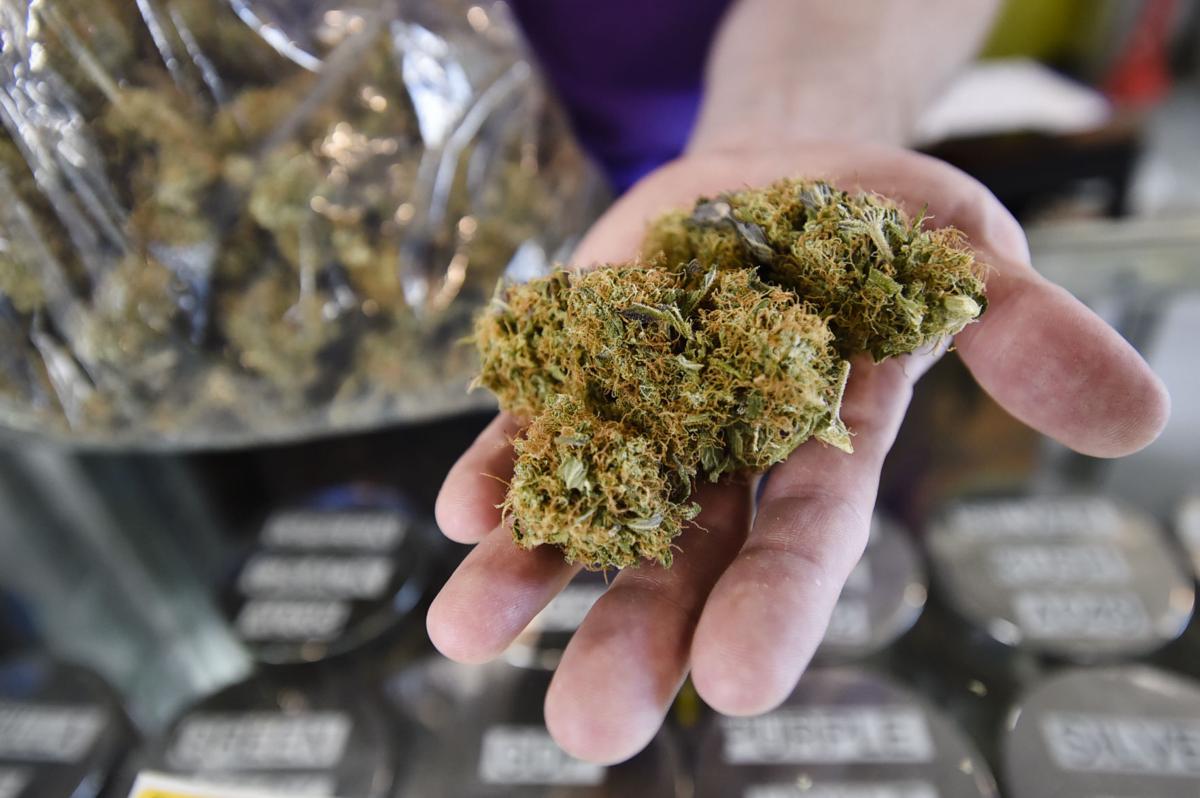Earlier this week, the White House’s Commission on Combating Drug Addiction and the Opioid Crisis issued an “urgent recommendation” to Donald Trump, pleading him to label the country’s opioid epidemic as a “national emergency.” The report included a number of suggestions to help curb the deadly drug problem, but it failed to mention the prominent role that medicinal cannabis could play in this ongoing battle.
The omission of marijuana might be disheartening, but it’s not exactly surprising when you take a closer look at the body of the commission, which is headed by New Jersey Gov. Chris Christie. In the recent past, the former federal prosecutor and unpopular governor has been outspoken about his disdain for cannabis legalization, and even referred to the tax revenue collected by states as “blood money.”
However, despite Christie’s anti-marijuana legalization stance, the general public has been clear about their support for using medical cannabis as a weapon against the opioid epidemic. According to Alex Barriger, spokesman for the Office of National Drug Control Policy, the opioid commission reportedly received “more than 7,800 public comments relating to marijuana.”
Considering that the interim report cited “more than 8,000 comments from the public,” the public call for cannabis to be used as a treatment for opioid addiction has clearly been ignored. The flurry of comments stem from the advocacy work of the organizations Marijuana Majority and NORML, both of whom urged their members to contact and send comments to the commission.
There has been a rising amount of evidence that points to cannabis being an effective treatment for opioid addiction. But instead of calling for further research into the impact that marijuana might have on addiction, the report recommends the “development of new, non-opioid pain relievers.”
Outside of Christie, the Commission on Combating Drug Addiction and the Opioid Crisis is composed of other members that stand in staunch opposition to cannabis legalization. This includes Harvard Medical School professor Dr. Bertha Madras, who believes marijuana should remain in the same federal category as heroin, and Massachusetts Governor Charlie Baker, who previously claimed that “marijuana is not safe” despite his state voting to legalize recreational marijuana last year.
Although the commission's official findings aren’t expected until October, there’s very little chance that pot will be mentioned at all in the final report. From the harsh anti-cannabis rhetoric of Attorney General Jeff Sessions to the commission’s decision to ignore the plant altogether, it’s becoming abundantly clear that there aren't many marijuana fans working within the walls of the White House.











